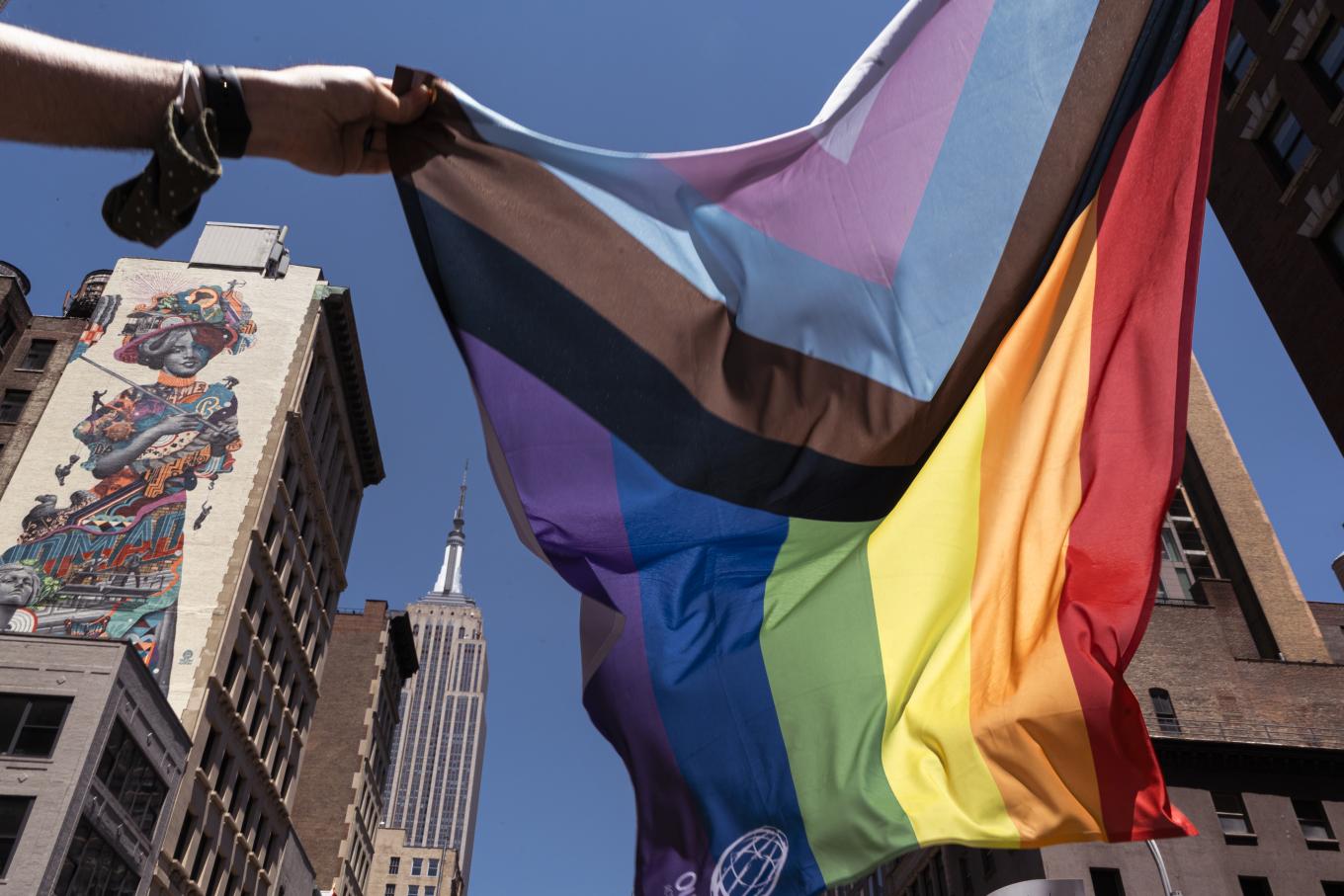
Country Overview
Sierra Leone
At a glance
View more for this country:
The British colonial era Offenses Against the Person Act (1861) remains in force in the country, punishing men found guilty of "buggery" with sentences ranging from 10 years to life imprisonment. The law is rarely enforced, but it contributes to discrimination against LGBTIQ people in the country. There have been several reports of arbitrary arrests of LGBTQ persons for various reasons, including dressing as a different gender, "promoting gay activities in the community," or holding an "LGBT event."
The Employment Act (2013) prohibits discrimination based on “sexuality.” There are no other explicit legal protections for LGBTIQ people from discrimination and violence. According to a 2023 U.S. State Department report, activists reported that bias-motivated rape of lesbian, bisexual, and queer women is prevalent and that LGBTIQ people face widespread discrimination, family rejection, and eviction.
The 2021-2023 Afrobarometer ranks Sierra Leone among the worst countries in terms of acceptance of sexual diversity, with 94 percent of respondents in the country claiming that they would dislike having "homosexuals" as neighbors. A 2022 survey shows that only seven percent of respondents in Sierra Leone believe that the country is a good place for lesbian and gay people to live.
Trans people cannot change their legal gender markers in Sierra Leone. Intersex infants and children are not protected from non-consensual medical interventions. LGBTIQ organizations exist in the country, but Outright research indicates that there are significant barriers for them to openly register as such.
*Outright research indicates that the bodily autonomy of intersex people is not respected and protected in this country.
Global Impact
Sub-Saharan Africa
Outright supports LGBTIQ organizations in Sub-Saharan Africa and works with mainstream human rights organizations to respect human rights and influence positive changes in laws, policies, attitudes and beliefs that cause discrimination against LGBTIQ people.
United Nations
Our work at the United Nations centers around advocating for the advancement of the rights of LGBTIQ people.
View this regionAsia
Our work in Asia promotes acceptance of sexual and gender diversity at all levels of society.
View this regionSouthwest Asia and North Africa
In the Southwest Asia and North Africa, we partner with local groups in various countries as part of our international solidarity work. We also work with our local partners on different topics through capacity building, advocacy, research and holistic security.
Europe and Central Asia
Outright International partners with activists to fight for an end to human rights violations based on sexual orientation, gender identity and gender expression in Europe and Central Asia, where most of our work involves emergency responses to harassment, discrimination, violence, and most recently, Russia’s brutal and expanded invasion of Ukraine.
Americas
Our work in the Americas continues to build on the fundamental and positive transformation of human rights protections in recent years. We partner with groups in the Caribbean that focus on ending gender-based violence and eradicating discrimination against trans people.
Pacific
Our work in the Pacific aims to increase the visibility of activists, respond to human rights emergencies, and actively bridge local, regional, and international activism to achieve equality and justice.
Global
View this region
Human Rights Research
Since 1990, we have partnered with activists from all over the world to produce hundreds of groundbreaking reports.
Read Our Reports